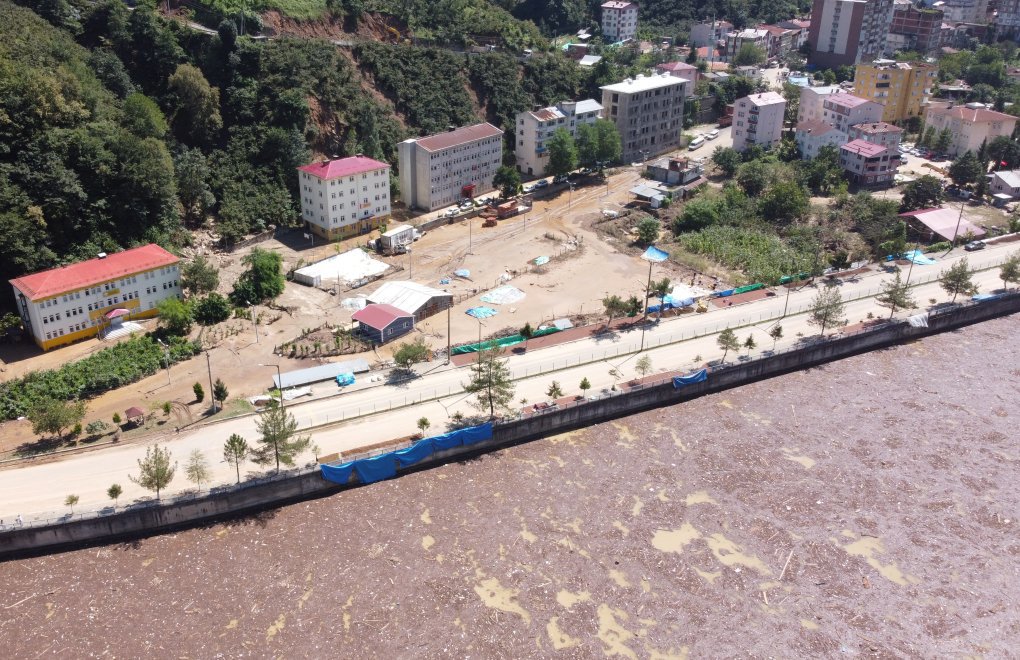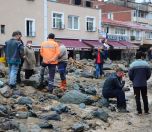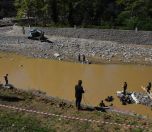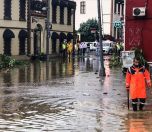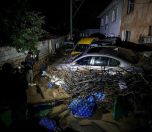Photos: AA
Click to read the article in Turkish
The Union of Chambers of Turkish Engineers and Architects (TMMOB/UCTEA), TMMOB Architects Chamber Ankara Branch and TMMOB Civil Engineers' Chamber have released written statements on the floods in the Black Sea province of Giresun, which claimed at least seven lives.
The number of floods has been increasing the Black Sea Region over the past few years.
CLICK - Human-made disasters in Turkey's Black Sea region
CLICK - Floods continue to hit Black Sea region, two more people die
CLICK - Flood, landslide claim four lives in northeastern Turkey
Instead of taking precautions to prevent such disasters, the authorities apply practices that increase the risk of new floods, the organizations stated.
TMMOB: Hydroelectric plants and unplanned urbanization
As long as the intensity of concrete and asphalt increases in cities, floods and overflows are inevitable, the TMMOB said.
"The real reason for floods occurring in residential centers is that most of the falling precipitation flows on the surface as a result of not being able to infiltrate the soil, rather than the amount of rainfall falling on the ground," it stated.
While precipitation, which has a height of 3-5 cm at the point where it falls, passes to the surface flow on the asphalt and concrete floor and reaches a height of meters when it reaches lower points or underpasses, causing floods and overflows.
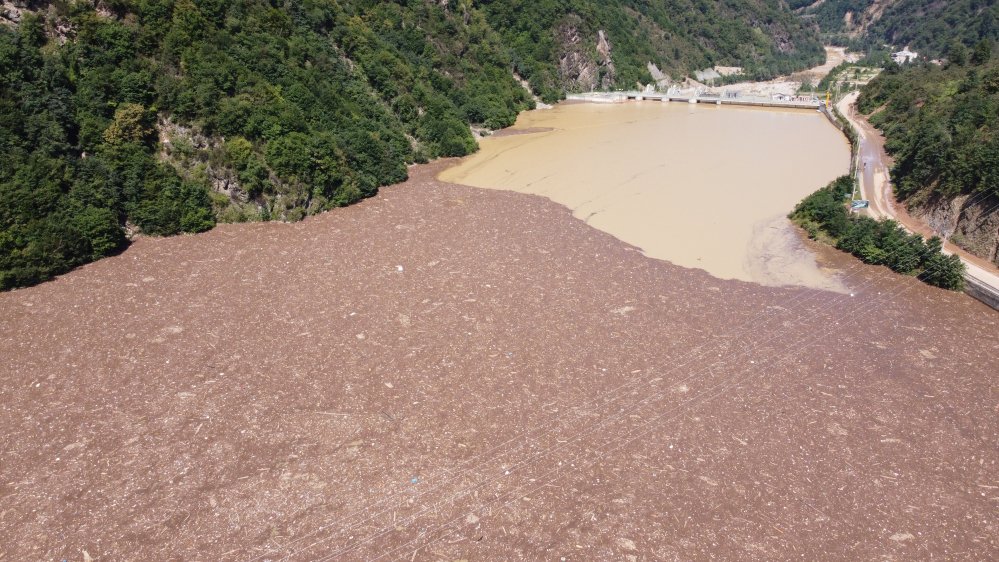
"Especially in residential areas where housing, asphalt and concrete grounds are very intense, the precipitation, which has a height of 3-5 cm at the point where it falls, flows on the surface on the asphalt and concrete ground and reaches a height of meters when it reaches lower points or underbridges, causing floods and overflows.
"Especially in recent years, the main reason for flood disasters is not climate change but human-induced destruction of nature, wrong water policies and HEPPs, unplanned urbanization, insufficient infrastructure, and central and local governments surrendering cities to rent-seeking policies."
"Streams belong to the people"
The TMMOB made the following recommendations to prevent floods:
Natural flow is prevented by establishing dozens of HEPPs one after the other on the streams. Streams belong to the people. Wrong water management and HEPP policies should be terminated.
Stream overflowing areas and streambeds have been opened for housing as a result of unplanned urbanization. Streambeds are urgently needed to be rehabilitated, the buildings on them should be removed and they should be taken under Constitutional protections to prevent housing again.
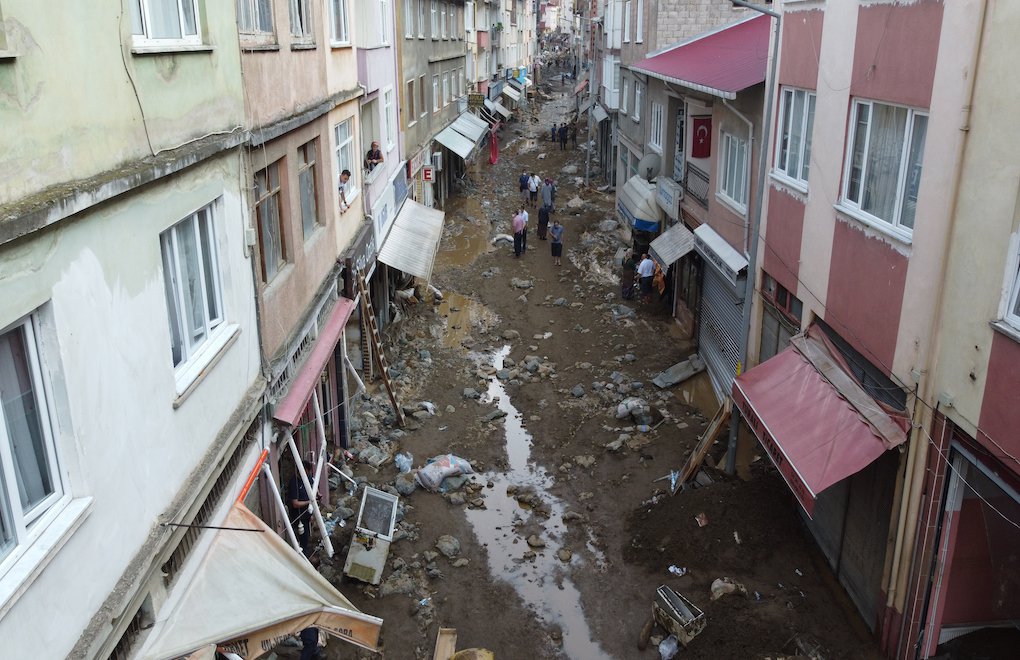
Since most of the urban areas are covered with asphalt and concrete, the falling precipitation cannot be absorbed by the soil and flows directly. The concrete and asphalt economy should be abandoned and residential policies centered around humans and the environment should be implemented.
Due to the rapid population growth, the infrastructure of our cities becomes inadequate. Integrated sewage systems, especially in our big cities, are inadequate during heavy rainfalls. Sufficient resources should be allocated to local governments in order to establish a separate system of sewage infrastructure in all residential areas, especially in metropolitan cities.
"Those who are responsible for the flood should resign"
The TMMOB Architects Chamber Ankara Branch said that the authorities were responsible for the flood in Giresun, as well as the previous floods in the Black Sea Region, including Ordu, Rize, Artvin and Trabzon.
It said that those who are responsible for extensive HEPP construction should resign.
The TMMOB Civil Engineers' Chamber stated that the current practices, including building roads that are parallel to the mountains and shores in the region and housing in streambeds, and HEPPs that prevent the water from flowing naturally, increase the risk of new disasters. (TP/VK)




